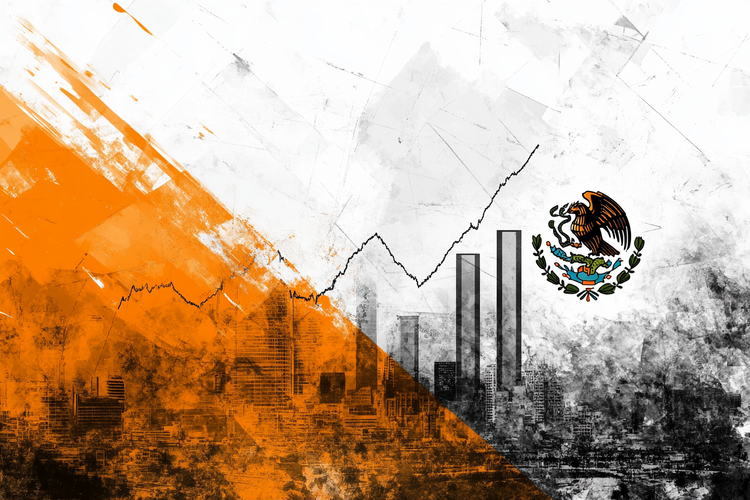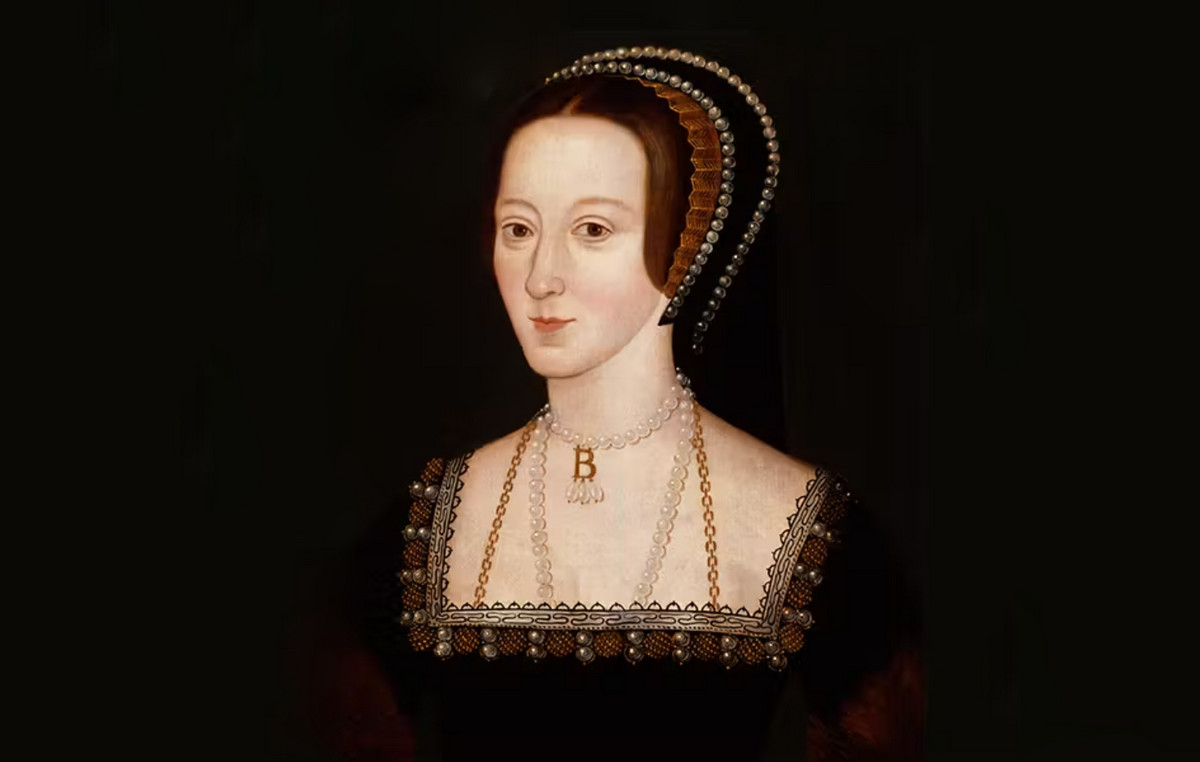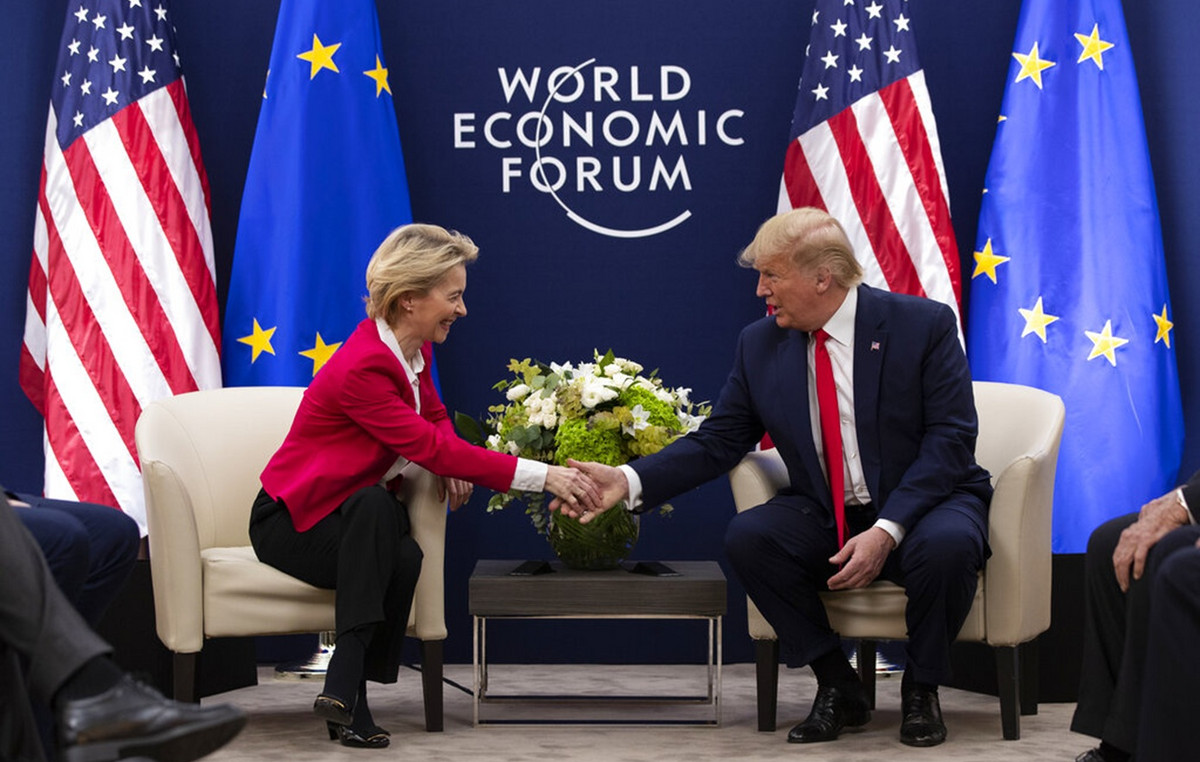the amusement park Hopi Hari, who has been trying for years to recover the short peak he experienced more than ten years ago, is getting ready for his “D-Day”.
In a troubled judicial reorganization that has dragged on since 2016, a period permeated by moments when the park even had to keep its doors closed, the company will meet its creditors in a month at a meeting that will define its future.
The meeting gained further tension with the proposal coming from a group of competitors – headed by well-known names in the sector, such as Beto Carrero and Wet’n Wild – for the purchase of the park.
The creditors’ meeting, which had already been postponed, was given a new deadline – and more suspense. Previously scheduled to take place on the afternoon of Wednesday (3), the event was extended for another 30 days, which could help put warm cloths in a very nervous atmosphere that preceded the meeting due to the purchase proposal that arrived at the end of week.
The determination was made for Hopi Hari to deliver pending documentation for the years 2016 to 2019, which, according to the company, should be regularized within a period of up to 10 days.
Until then, the purchase proposal will be digested by the park’s management and shareholders. In the view of the president of Hopi Hari, Alexandre Rodrigues, it is an attempt to bankrupt the park, which occurs at a precise moment when the group managed to prove its economic viability after a long period of crisis and in a year that the company will have its best result in ten years – returning to operating in the blue, he says.
“We understand that this intention – it is not even a proposal – came to seek the bankruptcy of the park. You cannot go through the process one business day (the proposal was made before the adjournment) before the meeting and saying that you are the savior of the motherland”, said the executive to the reporter, in an interview made before he learned about the postponement of the meeting. The proposal, highlights the executive, could not be made by a group that is not a creditor.
Thus, the president of the park affirms that the proposal will not be taken to the meeting, as happened in August, when the company received an alternative proposal from a group that was not among the creditors.
The court’s decision was that the proposal could not be evaluated because the group was not bankrupt and that it was necessary to vote on the recovery proposal. “They are wanting to riot”, he says.
The executive emphasizes that his criticism is not related to the proposal itself, but to the way it was made. The project presented by the group includes BRL 250 million for debt repayments and BRL 150 million for investments. Wanted, Beto Carrero did not respond to the interview request.
The Hopi Hari executive, who spent the last few days in meetings with the company’s creditors, says that at no time there was any kind of prior approach between the group and Hopi Hari shareholders.
Currently, the Ongoing group, owner of Portal IG, owns 75% of the park, and investor José Luiz Abdalla holds 20%. The rest is in the hands of José Davi Xavier, who once commanded the park.
This is not, however, the first purchase offer received by the park amidst the imbroglio of judicial reorganization. One of them came from the American park operator Six Flags, but it ended up not evolving.
Interest
“Hopi Hari became the bride that everyone wants”, says Rodrigues. This reading, according to him, is based on the park’s own numbers. After spending months closed by Covid-19, the park has been reopened since April.
According to the executive, it should close the year with a turnover of R$ 100 million and a profit, reversing years of loss, of R$ 40 million, he predicts. A situation far from that experienced in 2017, when the park had to stay closed for a period due to an equation of factors that included blackouts and expired insurance.
The climate of the crisis was more than clear when one of the creditors asked the park for the roller coaster – an attraction that the park bought and ended up running out of money to set up.
The interest in the “bride” has an economic background behind it. In the region of Vinhedo, where the park is located, the government of João Doria is going to launch the Serra Azul tourist district, exactly in the municipalities surrounding the park.
The launch will take place on the 30th, next to Hopi Hari, in its neighbor Wet’n Wild, a movement to attract more investments to the state.
capital injection
In the midst of the turnaround over the weekend, Hopi Hari announced that it has reached a R$2.8 billion (US$500 million) deal to restructure debts with creditors and also to expand the attractions.
The injection of capital, led by Whitehall Bank, is a line that has already been released and does not need to be approved by creditors, Rodrigues recalls.
In practice, however, the outcome of this imbroglio that has been dragging on for years is in the hands of the National Bank for Economic and Social Development (BNDES), which, according to Rodrigues, holds 90% of the R$ 500 million in the park’s debt.
It is a tumultuous relationship and immersed in a flurry of lawsuits, including debt foreclosures, with the request for the sale of assets, even of the land in Vinhedo where the park is built.
Regarding the current relationship with the bank, Rodrigues says that the situation has been calmed since the change in administration – the executive took over the reins of the company in 2019.
The company’s proposal to creditors follows the same, says the executive. For the BNDES, which owns the majority share of the debt, the plan is to pay it back in 19 years, without cutting the amount owed. BNDES has its own park as a guarantee of its debts.
The president of Hopi Hari says that the company is already thinking about the future and has taken up the project to renovate its tower, one of its main attractions. She has been idle since 2012, when an accident killed a teenage visitor.
Hopi Hari was inaugurated in 1999, built with resources from the private equity manager (which buys shares in companies) JP and four pension funds: Previ (from Banco do Brasil employees), Petros (Petrobras), Funcef (Caixa Econômica Federal ) and System.
Reference: CNN Brasil
I am Sophia william, author of World Stock Market. I have a degree in journalism from the University of Missouri and I have worked as a reporter for several news websites. I have a passion for writing and informing people about the latest news and events happening in the world. I strive to be accurate and unbiased in my reporting, and I hope to provide readers with valuable information that they can use to make informed decisions.







